Erika Fatland is what I would like to call a modern day explorer. With a master’s degree in social anthropology in her backpack, she travels around and documents the meeting she has with different cultures and the people living in them. After this, she writes books based on these experiences, before she goes back out again – this time to tell the stories to those present at her lectures.
In October 2020 Kagge forlag published her newest book, Høyt, where she describes her meeting with different people living in Himalaya. I was at the release, and arranged a meeting with the well traveled author while she was in Oslo to promote the book.
I meet Erika in the middle of Oslo city center, curious about the person behind all these other peoples’ stories. Cause who is she really, Erika Fatland?
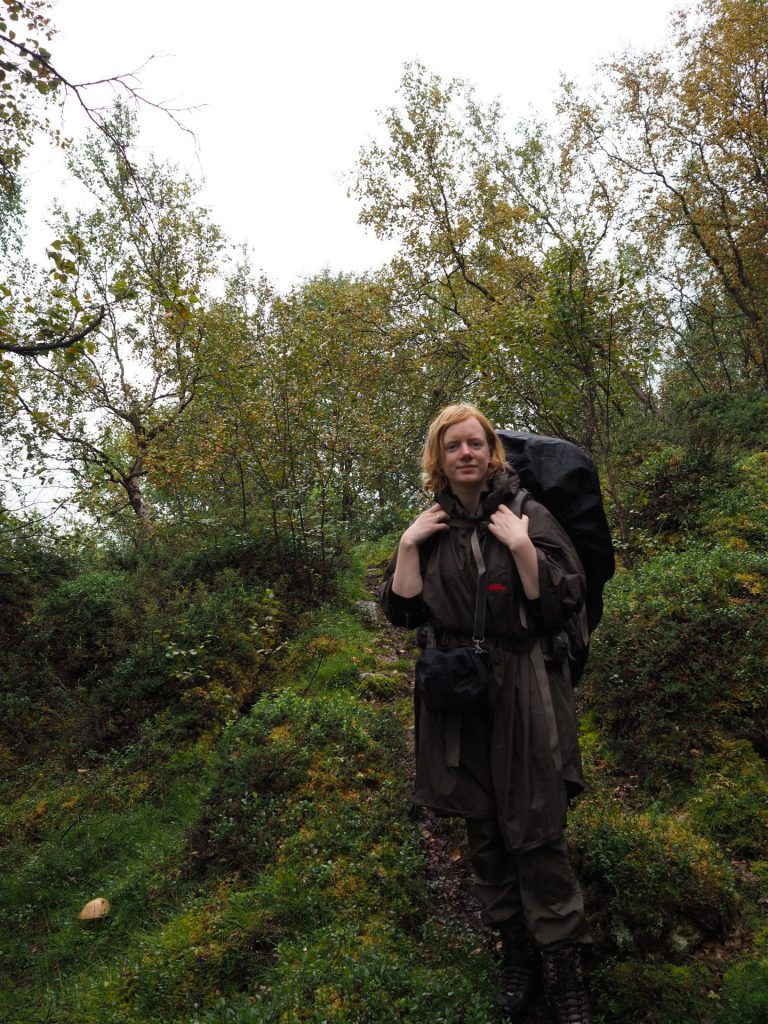
Traveling alone
To travel alone is something more and more of us are trying. Erika has also travelled alone several times, both while studying, to learn languages, and later on for work. – My first solo travel was when I went three months alone to Guatemala in 2006, Erika says. – I wanted intensive Spanish lectures, and went down and found myself a teacher.
The joy of traveling had been awakened earlier, during a trip as a backpacker in India and Nepal with her then boyfriend. She got tired of backpacking, but she was by no means finished with the world. – I wanted to travel, but no one could join. If it was gonna happen, I would have to travel alone. So then I just did it, Fatland smiles, shrugging. Later on, there have been many trips, also while working, she says. On many of her trips she has traveled alone.
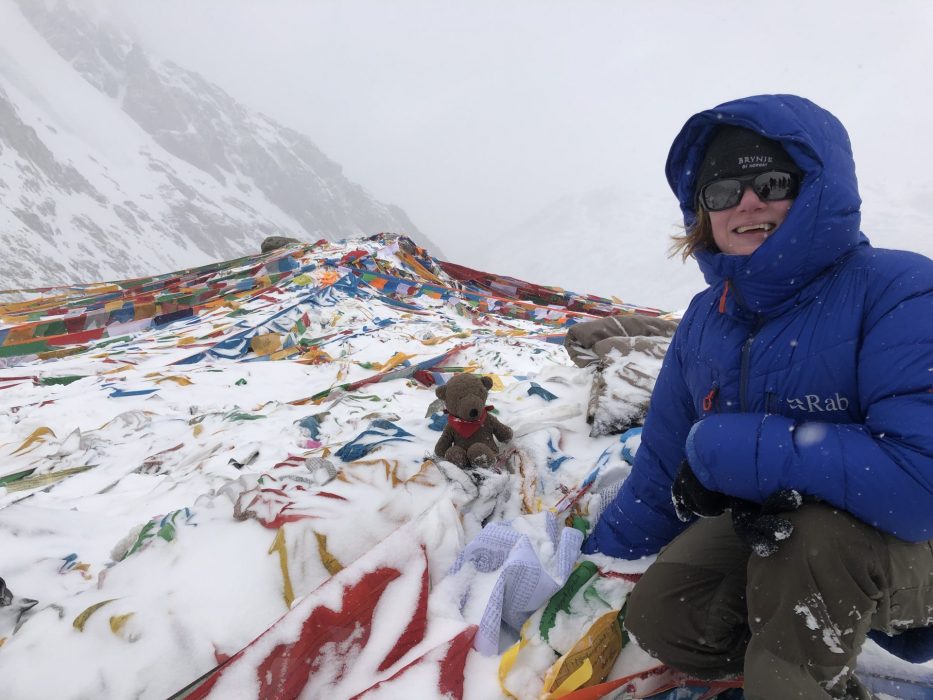
– Traveling with someone while being on a business trip is just disturbing. Then I’m not on holiday. But I really can recommend traveling alone, says Erika, and nods firmly. – But now that I have traveled so much for work, I end up going straight into work mode if I travel alone. For me, it has now come to mean that “holiday” means that I travel with others, with company, she laughs. On most of the trips Erika has written books about, she has traveled alone, but together with the teddy bear Werner, who according to Erika has the “goal of becoming the world’s most traveled bear”.
Erika also travels with the company of various guides and locals at the destinations she visits. Because even though she knows a variety of languages: French, Spanish, Italian, Russian, German and “a little bit Arabic” (as she defines it as: “enough for me to start a conversation but not finish it”), it is not always just as easy to communicate with the locals. Especially not when the destinations you travel to consist of more remote areas where tourists are a rare sight.
Take a leap and be persistent!
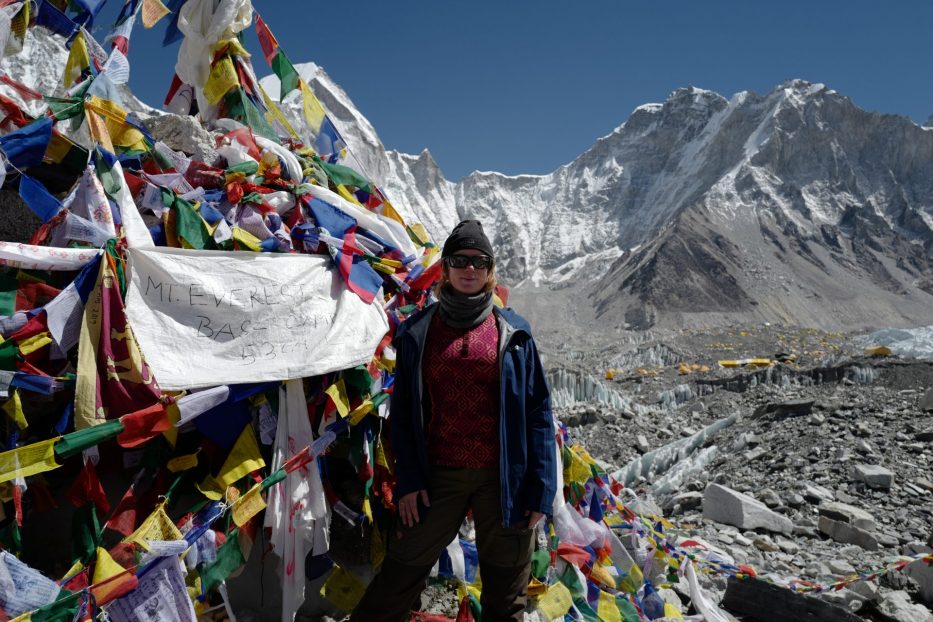
That Erika should travel around and write travelogues was not her original plan. In fact, she has no formal education as a writer – although she is married to one, the author Erik Fosnes Hansen. – He has given me a lot of feedback, some constructive, and some really brutal, she confirms with a smile. Because writing well is not something that comes by itself. – You can of course have an inherent talent, but in the end you have to practice, practice, practice. You need to set aside time and work focused. If you want to write, well then you have to write. It is not enough to just set aside some time to become a writer in the evening after work, between nine and half past nine in the evening, as a short break from everyday life before Netflix, she says with a crooked smile.
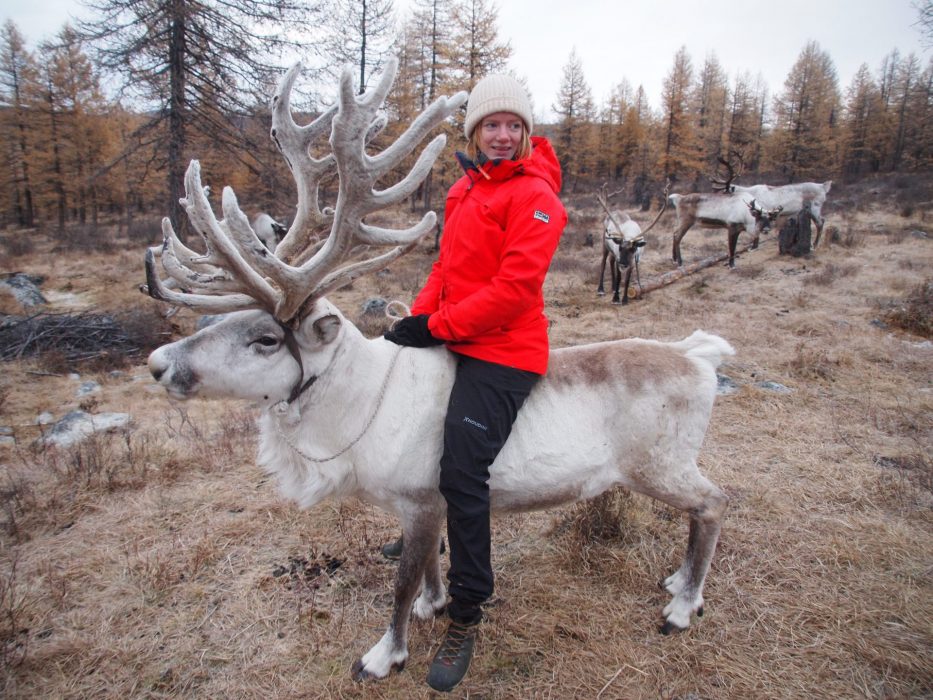
Although Erika is very happy with her life as a traveling writer, she makes no secret of the fact that there is a lot of work behind each release. I ask if she has any tips lurking for those of us with an aspiring author in their stomach. – You have to be willing to invest, try and be a little persistent. There is no guarantee that it will go well. And you must dare to take a leap, and just continue!
From a master’s degree to some though book releases
The book “Englebyen”, published in 2011, was created almost as a result of the fieldwork Fatland began during her master’s degree in social anthropology. Erika visited the city of the North Ossetian city of Beslan in Russia, where she interviewed survivors and relatives after the terrorist attack that hit the local primary school in 2004. All of 333 people, 186 of them children, were killed in the attacks that lasted three days. She also returned there after her degree was in the box. – As I worked on my master’s degree, and while I was writing it, I realized that this was not “just” a master’s, it was also a story that deserved to be read by more people, says Erika.
With both her degree and publication done, the next project was the book “Året uten sommer”. In this book, Fatland meets people affected by the terrorist attacks in Norway in 2011. After this, she felt she had to do something different. – Everything was so dark. The meetings with the people, writing about their stories, and then telling them afterwards… People sat at my lectures here at home and cried. I felt that now was enough, now I had to do something else.
Erika shakes her head a little, looks thoughtful, before continuing. – The meetings with the grieving mothers in Beslan, to hear their stories, are still among the strongest experiences I have had on my travels.
Human encounters across borders
After these books, Erika has written the books “Sovjetistan” (2014) and “Grensen” (2017), respectively. These books are also about human encounters. Sovjetistan was created on a journey in the old -stan countries, while Grensen takes the reader to all countries along Russia’s vast border.
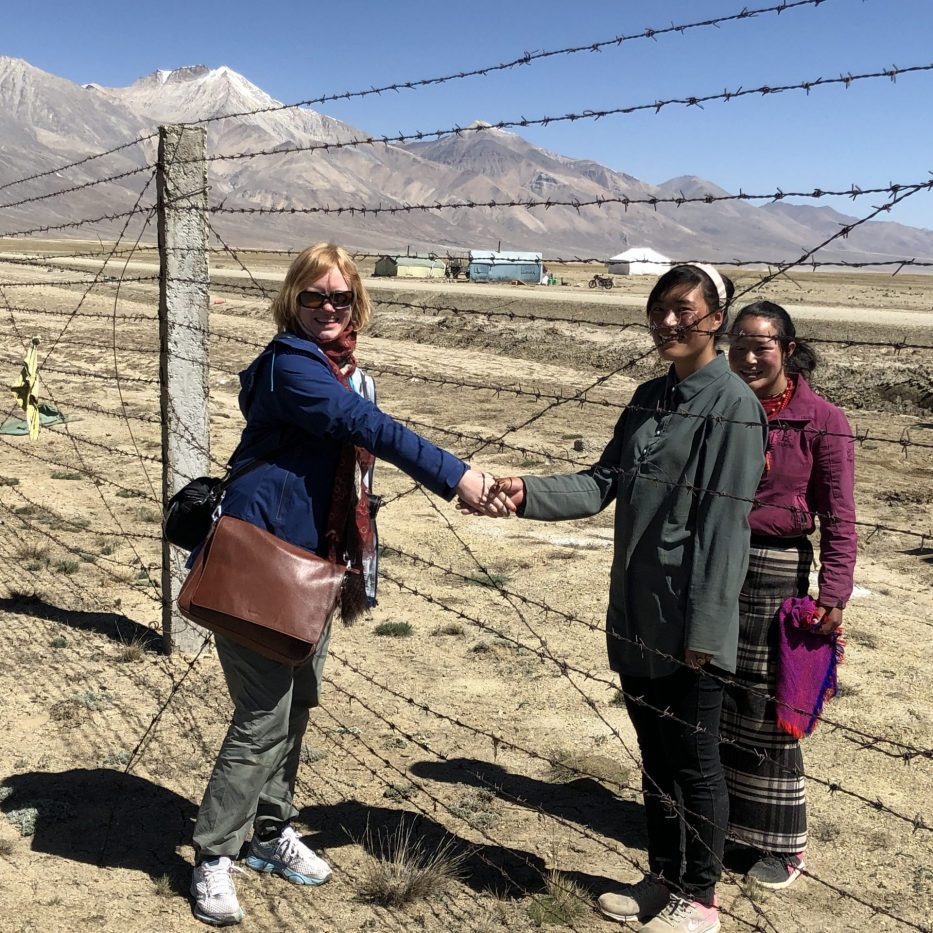
– In your new book, “Høyt”, you are in the Himalayas. What made you choose this destination? I ask her.
The Himalayas were the first area Erika traveled to as a backpacker. – The Himalayas are perhaps the world’s most fascinating region. Here you have an enormous ethnic and cultural diversity. One encounters new languages everyday – languages that are not necessarily related at all in the neighboring valley. Here, all kinds of peoples have sought refuge in the mountains for hundreds of years, she says.
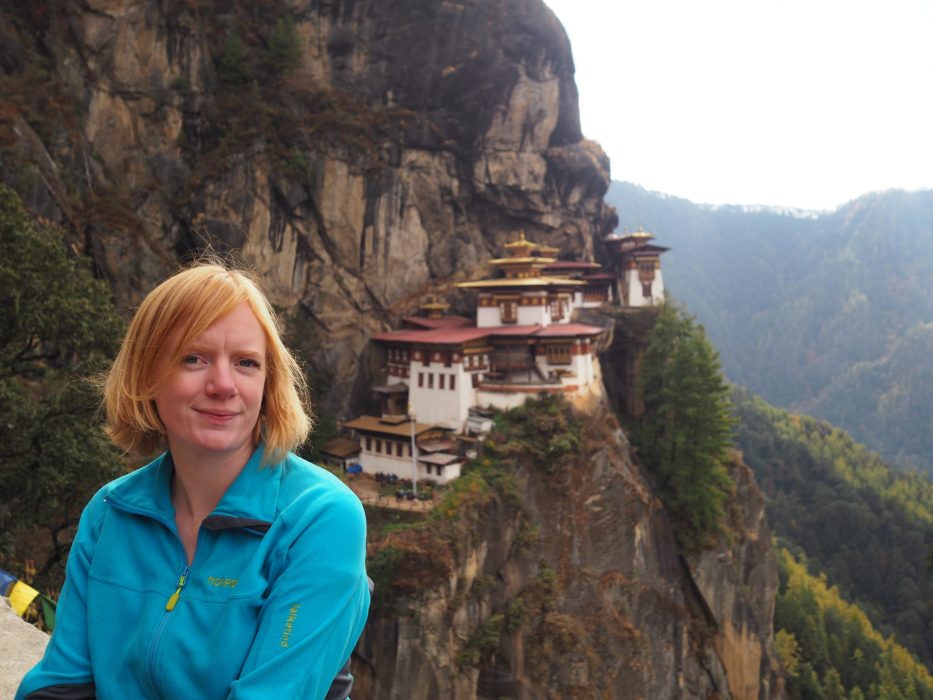
Where the actions in both Sovjetistan and Grensen took place within concrete, physical borders, the action in Høyt takes place in the area between two of the world’s most populous countries. In areas Fatland had previously visited as a backpacker, and seen the most obvious places, she now wanted to get behind the tourist trail and discover more of this region. And she got more: – During the trip, I met everything from women wearing burqas in Pakistan to performers of Tibetan nude dance rituals. The fact that they live in the heights is basically the only thing the people I meet in this book have in common.
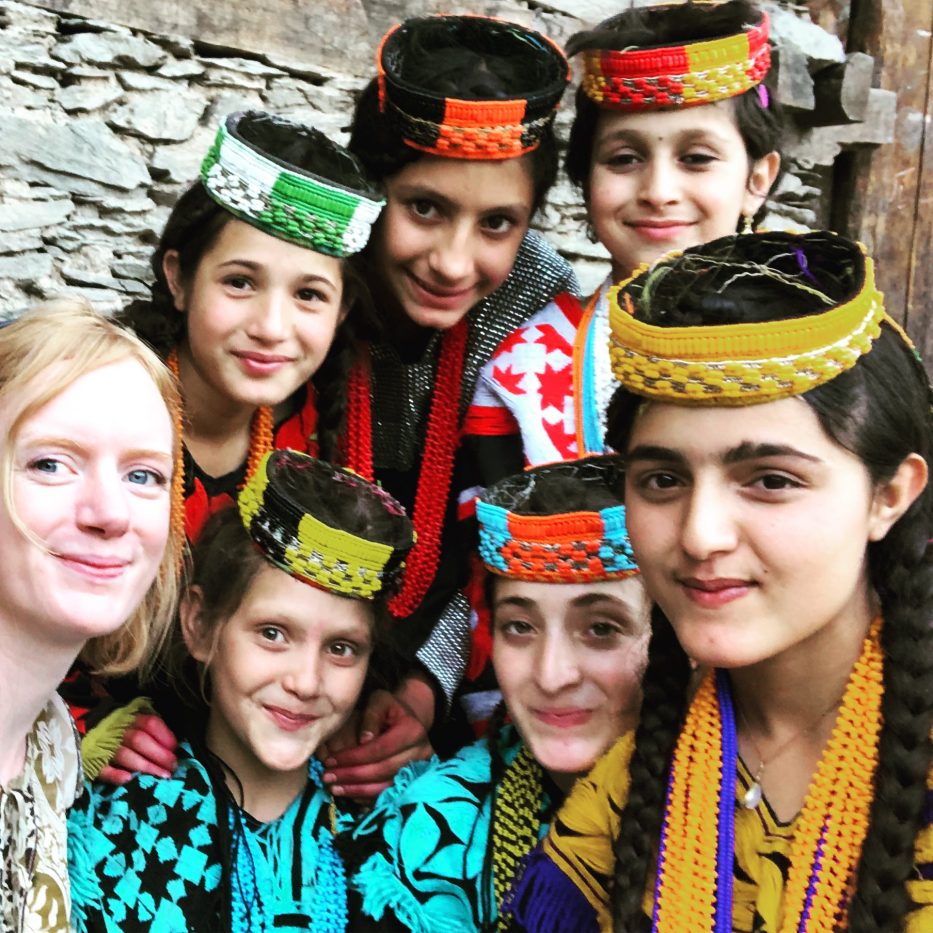
To plan for all of which cannot be planned
Through her books, Fatland takes us on her adventures, where she mixes both history, “fun facts”, other peoples experiences and her own experiences. Wherever she travels, it seems that she gets close to the different people she meets. But how does one really plan such a longer trip – what about the visa, itinerary and the people she will meet? Is everything carefully timed and arranged, or is there room for spontaneity and changes in the program?
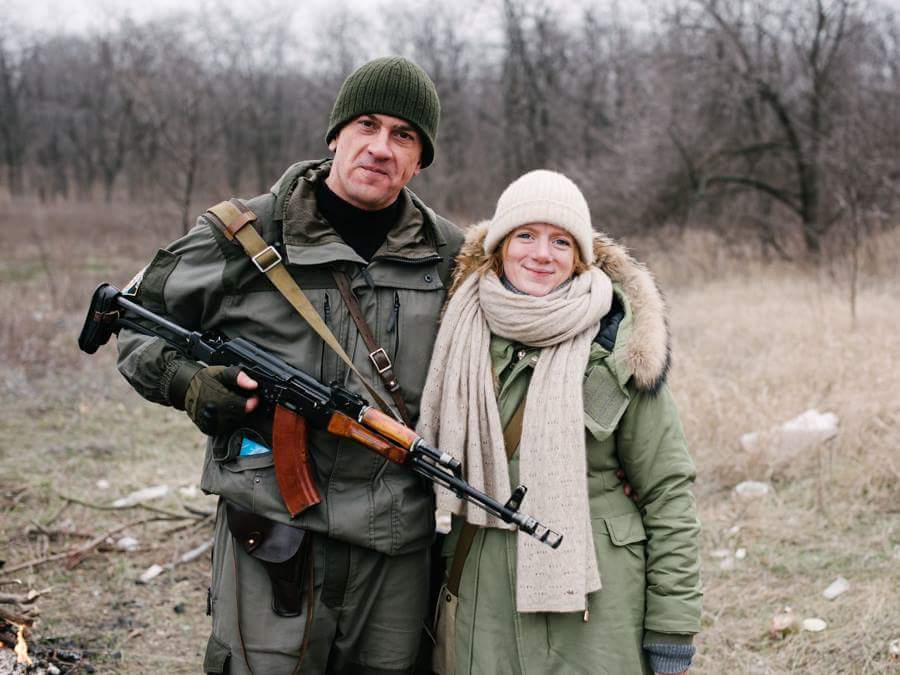
The itinerary in the “Grensen” just about gave itself – it was just more or less to follow the border to Russia. However, the trip to the Himalayas was more difficult to plan, says Erika. Several national borders had to be crossed, which required several different visas. An entire machinery of paper mills was to be forced, and in addition there was a holiday settlement at the embassies. – When I finally got a visa to India, it was with a requirement that the border should be crossed by plane. I thus ended up having to fly a distance that would take an hour by car, she sighs.
The language barriers also made this trip more challenging than her previous ones. Erika therefore often traveled with local guides and interpreters on the various stages. – The advantage of these is that they often have a large network of contacts, so that they act as a door opener for more people. The downside is that you lose a bit of the way people choose to word themselves by having to communicate with them via an interpreter.
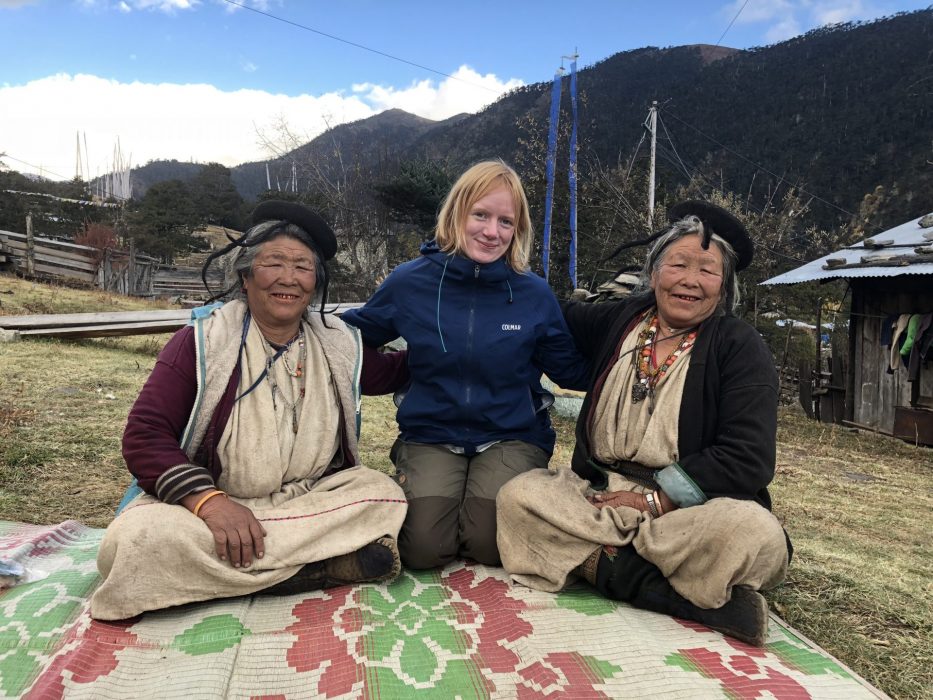
Erika gets in contact with a number of different people, and we get small insights into their lives and rituals. How do you get so close to people you meet for such a short period of time? – The threshold for inviting a stranger in is lower in many countries, and the hospitality is great. In Pakistan, for example, there are almost no more tourists, so the people there find it a little extra exciting when they first meet one. And precisely this hospitality is one of the things Erika is left with as the strongest impression from her travels. – Often it is those who have absolutely the least who offer the most. The little they have, it must be shared!
“Most people are kind – the world is better than its reputation!”
The fact that she, as a woman, travels alone, is something a lot of people have noticed. – The question I’m definitely asked the most is if it’s not dangerous to travel around alone in the areas that I do. But most of the time it’s not, says Erika, and gestures eagerly.
– First of all, I always do thorough research in the areas I am going to. And I have hardly experienced situations I would describe as scary. Most people are kind – the world is better than its reputation! In addition, Fatland often travels around in dictatorships, where there is generally little crime and strict guarding of the police.
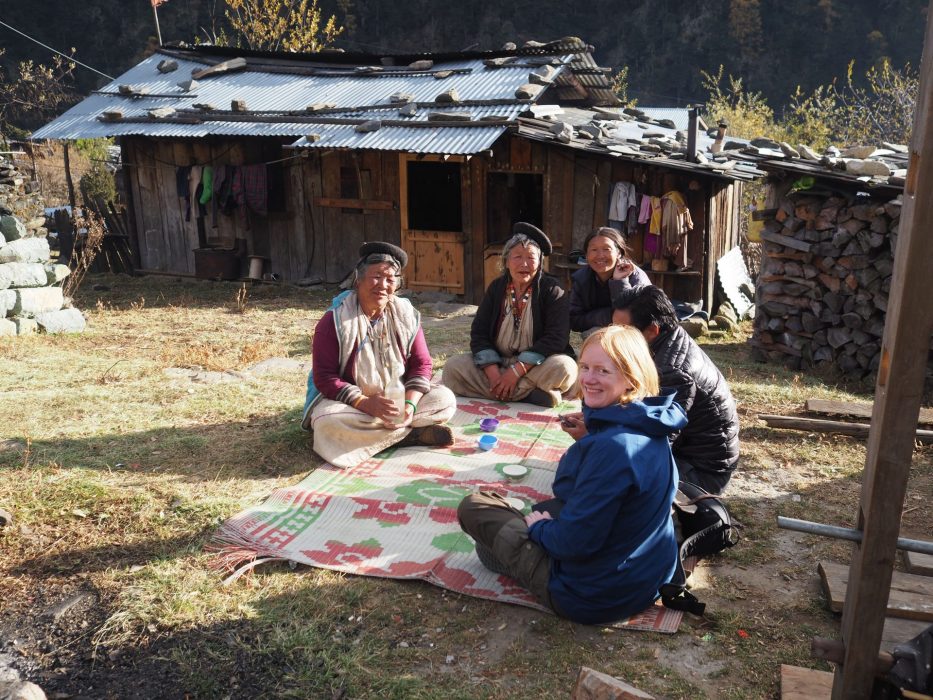
– Traveling alone is really very nice, the experiences you get may be “a little more real”, says Erika, and further explains: – When you travel alone you are more vulnerable, more exposed to the unfamiliar you travel in. You can not hide in a bubble with those you travel with, and therefore get in touch with others more easily. You feel the need to talk to someone so you end up being more contact seeking. It is also easier for others to contact only one person than a group.
For those of us who daydream about traveling to distant, exciting destinations when it can be done again, Erika comes up with a little tip: – If you travel to places that are very deserted, it can be smart to have some antibiotics, be your own doctor. Be prepared!
Adventures during the times of Covid-19
To daydream ourselves away to distant places is the closest we will get to traveling in 2020. And as a modern explorer – what is Erika really doing now “in these times of corona”?
– I was in French Polynesia with Erik when the borders closed. We usually travel away to write together when winter comes, and had traveled as far away as one could actually get. With an 11 hour time difference, French Polynesia was absolutely brilliant, because by the time we got up, all the emails for the day had arrived.
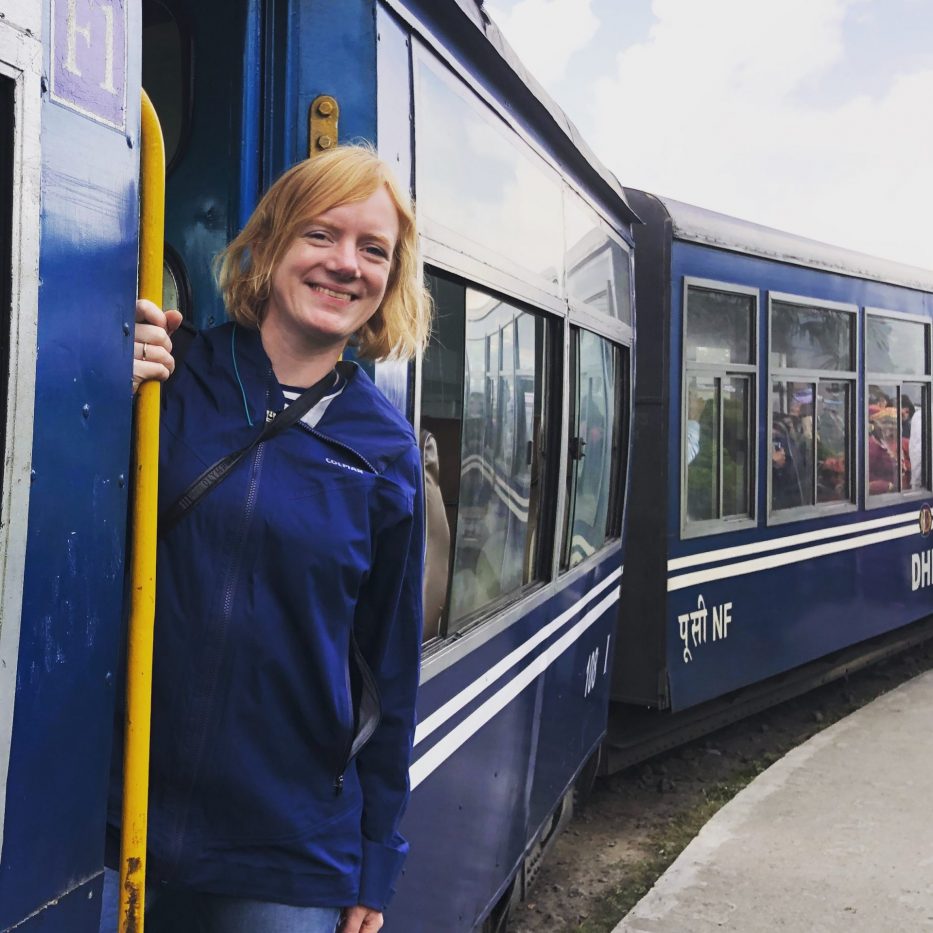
On their way back to Norway, the original plan was to stop by Easter Island, but this was, like many other travel plans in 2020, put on ice. – But Easter Island does not go its way. I also had a small book to write up at home. And now I will travel a lot this autumn as well – but to more short-distance places like Molde and Bergen. Høyt will be published in Danish at the end of November, and Erika still hopes she will be able to participate in the launch in Denmark. – Hope is light yellow, but all of it is starting to take it’s toll on us by now. I hope the vaccine comes soon, Erika concludes.
Fortunately, the journey that formed the background for Høyt was completed before the lockdown, and now the book is published and available in bookstores across the country. I thank Erika for spending some of her time with me, and start packing my bag. On the way out the door, however, I can no longer resist asking – will there be more books? – Yes. I don’t have a job, so there must be more books, laughs Erika.
All photos published with the permission of Erika Fatland. Thank you very much!

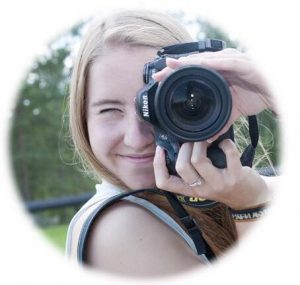
Leave a reply